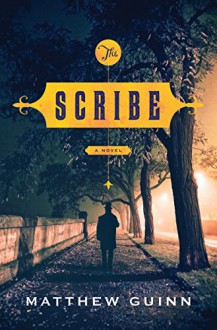
"'I read somewhere once that we don't see the stars,' Canby said. 'Not really. They are out every night and we look right past them, take the sight for granted. That if the stars came out just once in a thousand years, we would call it a miracle and record it for all time. That we'd declare it was the city of God revealed to us. I think there a lot of truth to that. Do you?'
Underwood looked up at the pinpricks of light in the velvety darkness. 'I think there is,' he said.
Canby leaned his head back, trying not to group the stars into constellations, trying not to think of them in any order imposed by man. 'Look up then, and see them.'"
Finally can do something in BL. First time all week. Hey everyone! Good to see you.

 Log in with Facebook
Log in with Facebook 






